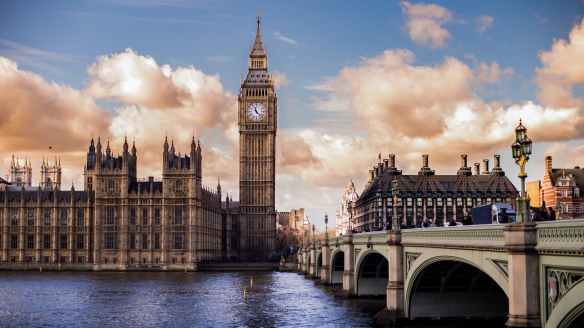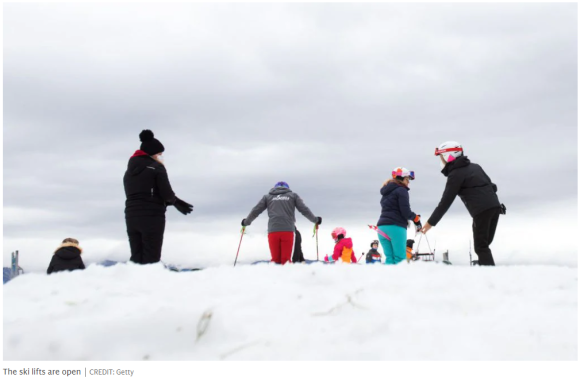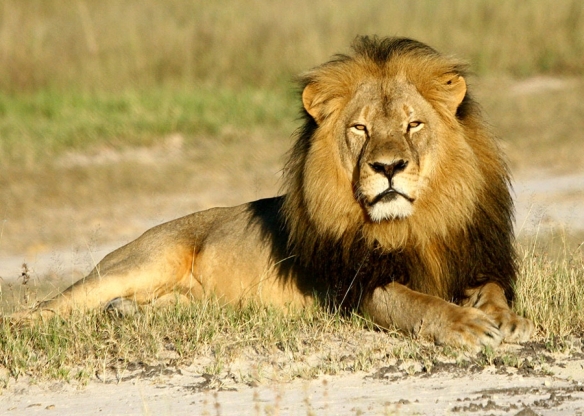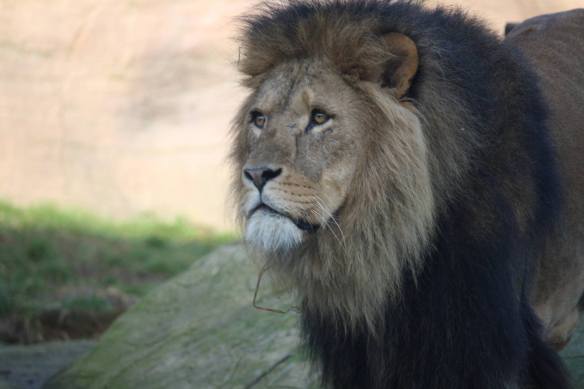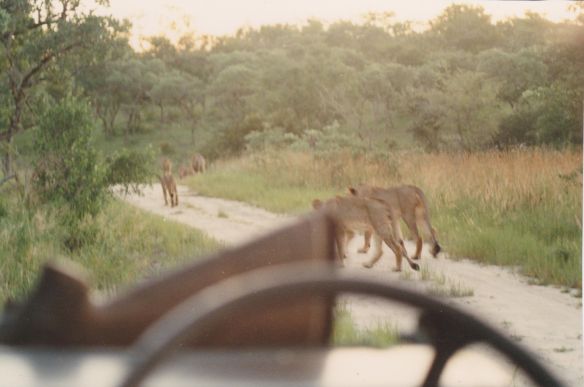
Why Oxford should be your next staycation spot
Oxford puts the classics in classic. Yet recent additions are moving the story on. Alexander Fiske-Harrison retraces his university days and discovers new exciting hangouts
I have a fondness for smaller cities. Compared to the great metropolises, they are more discrete, more human in their scale. They are also often built upon a single resource. One thinks of Salzburg, with its salt mines, or Seville, which hosted all the gold of the Americas. Oxford is the most human of all, though, as it is built on the very commodity which puts the sapiens into Homo sapiens. Here, they mined wisdom.
I remember my own sense of awe when I arrived as an undergraduate in the mid-1990s – first as a biology student under one of Kenya’s greatest ecologists, and then studying philosophy under a tutor whose own tutor could trace a direct line, tutor to tutor, back to Immanuel Kant himself. I remember how, in the warm autumn sun, the university buildings stood like vast stone-clad thrones for the human mind – their distinctive golden colour coming from the ancient coral reefs that fossilised to form the limestone deposits of nearby Headington.
To read more click here…



